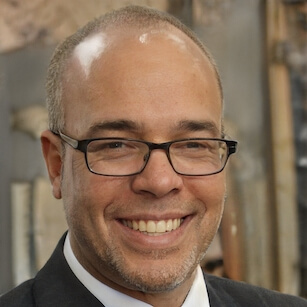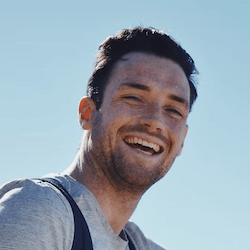I like to involve clients in the decision-making process by presenting them with options and seeking their input on major decisions. This helps to create a sense of ownership and investment in the project, making them more likely to be satisfied with the final outcome.
In addition, I believe that proactively addressing any issues or concerns that arise during the campaign is crucial for maintaining client satisfaction. If a problem occurs, I make it a priority to communicate this to the client and present a plan for resolving the issue as quickly and efficiently as possible.
Finally, regularly sharing progress updates and results with the client is essential for demonstrating the value of our agency's services. By showcasing the success of the campaign and the return on their investment, I'm able to build trust and ensure their ongoing satisfaction with our services.










